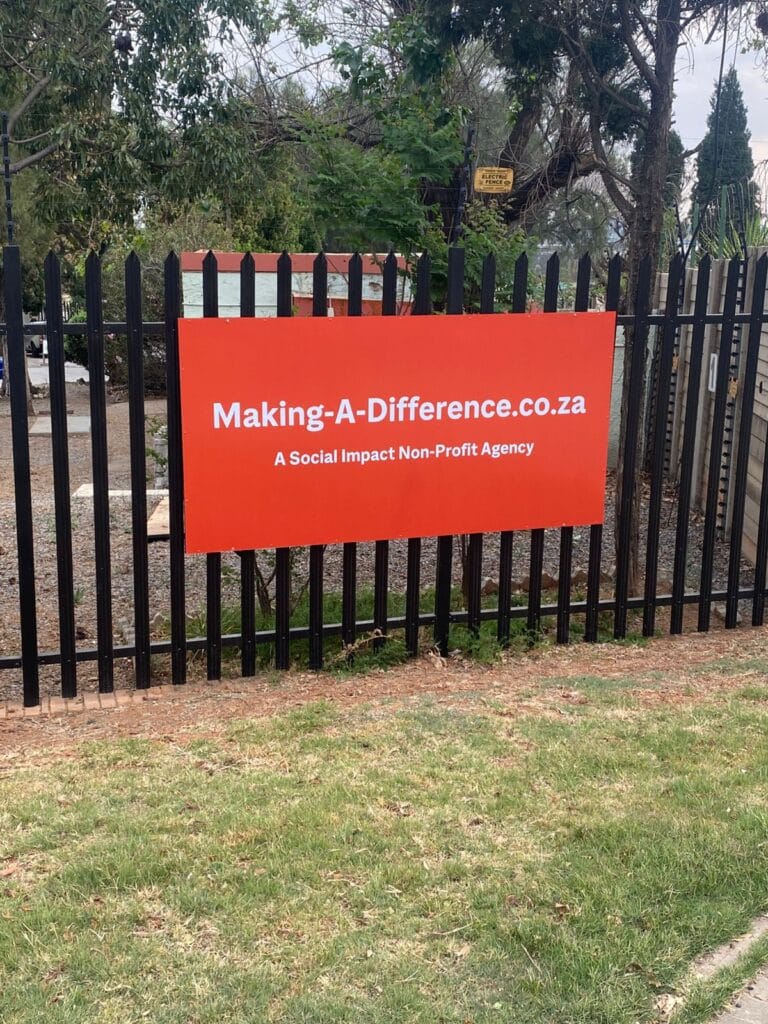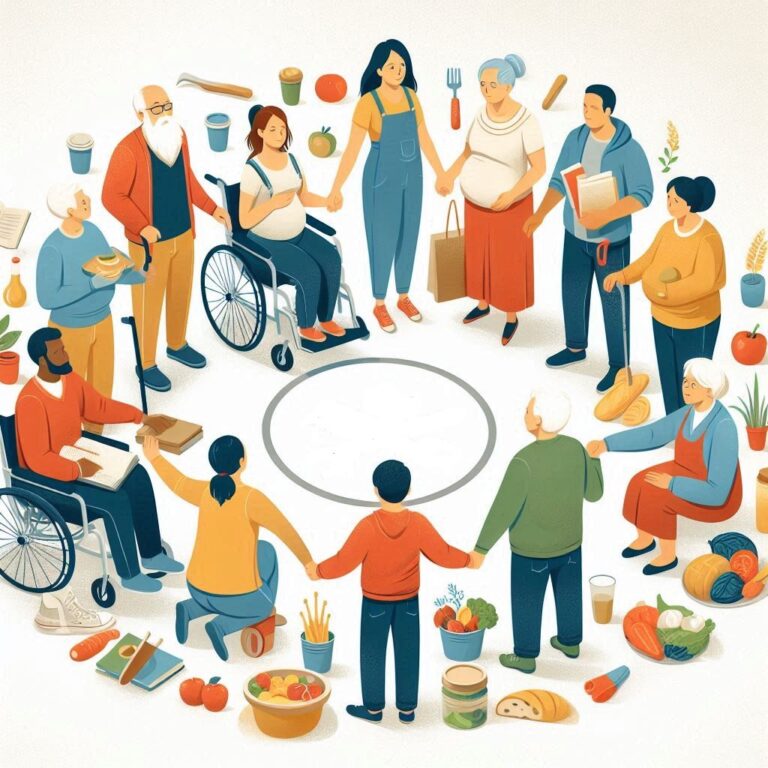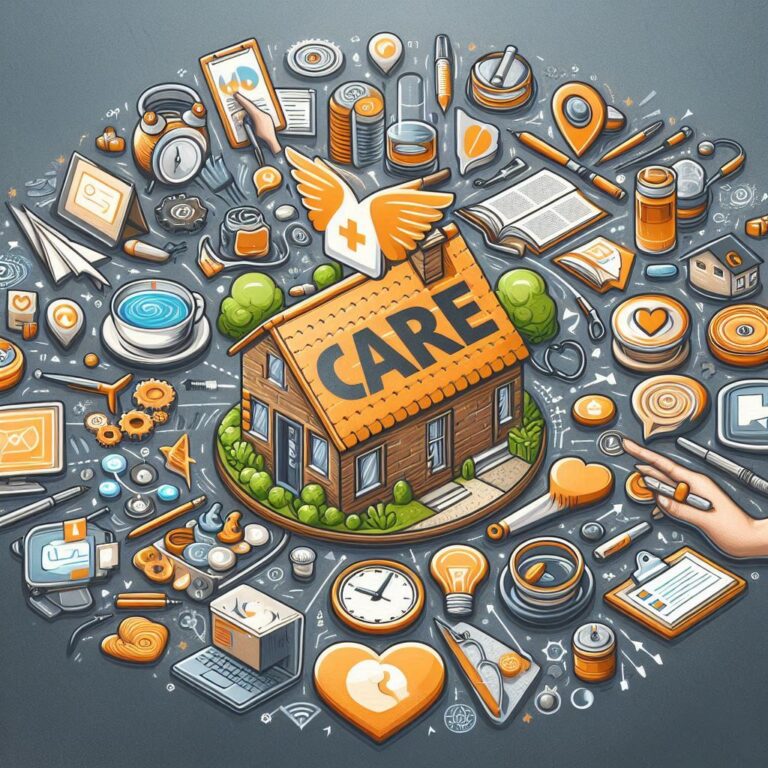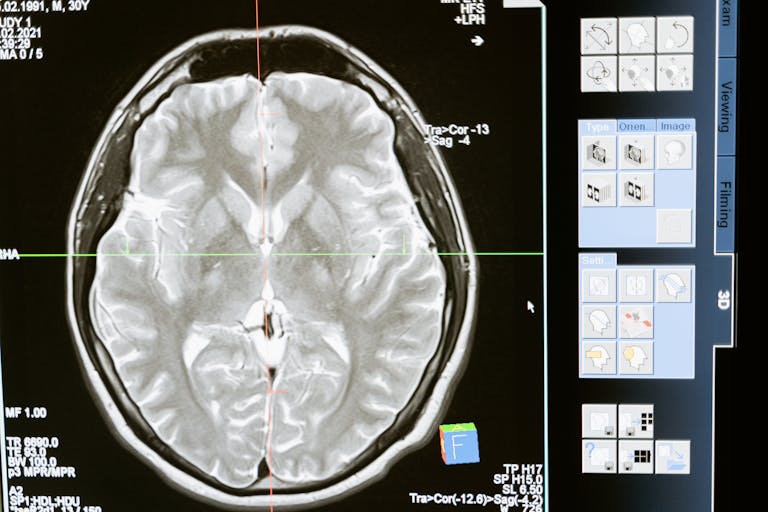The Art of Making Decisions
The Art of Making Decisions: It’s Not as Scary as You Think!
Ten factors that can make decision-making difficult:
- High Stakes: When the decision has significant consequences, increasing the pressure and fear of failure.
- Too Many Choices: Overwhelmed by an abundance of options, making it hard to choose just one.
- Lack of Information: Not having enough data or details to make an informed decision.
- Fear of Making the Wrong Choice: Anxiety about the potential negative consequences of a decision.
- Time Pressure: Feeling rushed to make a decision quickly, leading to stress and potential mistakes.
- Emotional Bias: Strong emotions clouding judgment and influencing the decision-making process.
- Complexity: Dealing with multi-faceted issues where multiple variables need to be considered simultaneously.
- Indecisiveness: A general tendency to struggle with making decisions, even for minor issues.
- Uncertainty: Lack of clarity about future outcomes or the impact of the decision.
- Conflicting Advice: Receiving differing opinions from trusted sources, making it hard to choose a direction.
Sometime we feel like we are in a never-ending game of “eeny, meeny, miny, moe” when it comes to making choices? Don’t worry, you’re not alone. Making decisions can be tough, but it doesn’t have to be a headache-inducing process. Let’s investigate how to master this art of making decisions without breaking a sweat.
First things first, take a deep breath. Seriously, it helps! Now, let’s break it down:
- Know your gut: That funny feeling in your tummy? It’s trying to tell you something. Don’t ignore it, but don’t rely on it entirely either.
- Pro/con it up: Grab a piece of paper (or your phone, we’re not judging) and jot down the good and bad of each option. Sometimes seeing it laid out makes things clearer.
- Phone a friend: Chat with someone you trust. They might offer a perspective you hadn’t considered.
- Give it some space: If you’re not in a rush, sleep on it. Your brain does some pretty cool problem-solving while you’re sleeping.
- Embrace the “good enough”: Perfect decisions don’t exist. Aim for “good enough” and you’ll save yourself a lot of stress.
Remember, making decisions is like any other skill – the more you practice, the better you get. So don’t be too hard on yourself if you make a choice that doesn’t work out. It’s all part of the learning process.
Now go forth and decide with confidence! You’ve got this!
The Art of Making Decisions: A Guide to Choosing Wisely
Why is decision-making so hard?
Let’s face it, making decisions can be overwhelming. With so many options available, it’s easy to get caught up in analysis paralysis. We worry about making the “wrong” choice, fear missing out on something better, or simply don’t know where to start. But here’s the thing: decision-making is a skill that can be developed with practice and patience.
The Decision-Making Process
Before we dive into the tips, let’s break down the decision-making process into three simple steps:
- Define the problem: Clearly identify what you need to decide on. What’s the goal or outcome you’re trying to achieve?
- Gather information: Collect relevant data, weigh the pros and cons, and consider different perspectives.
- Make a choice: Trust your instincts, take a deep breath, and make a decision.
Tips for Making Better Decisions
- Set a deadline: Set yourself a deadline to make a decision. This will help you avoid procrastination and analysis paralysis.
- Trust your instincts: Your gut feeling can be a powerful guide. Don’t ignore it!
- Consider the 80/20 rule: 80% of the time, 20% of the options will give you 80% of the results. Focus on the most important factors.
- Don’t overthink it: Sometimes, overthinking can lead to indecision. Take a step back, and trust that you’ve made the best choice with the information you have.
- Practice self-compassion: Remember that it’s okay to make mistakes. You can always learn from them and adjust your decision-making process accordingly.
Now that we’ve got the basics covered, here are some tips to help you make better decisions:
The Power of Intuition
Intuition plays a significant role in decision-making. It’s that little voice inside your head that tells you what feels right or wrong. Don’t ignore it! Intuition can help you make quicker, more confident decisions.
Conclusion
Making decisions is an art that takes practice, patience, and self-awareness. By following these tips and trusting your instincts, you’ll become more confident in your decision-making abilities. Remember, it’s okay to make mistakes – they’re an opportunity to learn and grow.
So, the next time you’re faced with a tough decision, take a deep breath, trust your instincts, and choose wisely. Happy deciding!
Changing one’s mind
Changing one’s mind after making a decision is a complex phenomenon that can be attributed to several psychological and neurological factors. Here are some key reasons why this happens:
Post-Decision Evidence Accumulation
One of the primary reasons people change their minds is due to the ongoing process of weighing evidence even after a decision has been made. This is known as “post-decision evidence accumulation.” The brain continues to accumulate and process new information, which can lead to a reevaluation of the initial decision. Studies have shown that even after making a choice, the brain continues to gather evidence, and if this new information is strong enough, it can cause a change in decision or confidence level.
Error Correction Mechanisms
The brain has mechanisms to detect and correct previous errors. Research suggests that the brain uses additional mechanisms to identify mistakes and correct them. For example, error-related signals are produced in the medial frontal cortex, which helps in self-monitoring and correcting errors. Individuals with damage to the frontal regions of the brain may struggle with this self-monitoring process, highlighting its importance in decision-making.
Emotional and Cognitive Factors
Changing one’s mind can also be influenced by emotional and cognitive biases. Admitting a mistake and changing a decision requires a certain level of emotional courage, as it involves acknowledging that the original decision was flawed. People are often reluctant to let go of their initial decisions due to emotional investment and the need to maintain consistency with their previous choices.
Avoidance and Comfort Zone
Sometimes, people change their minds because the initial decision puts them out of their comfort zone or involves avoiding discomfort. This can lead to a cycle of indecision and frequent changes in plans. For instance, someone might change their mind about attending an event or committing to a task because it makes them feel anxious or uncomfortable.
Intuition and Metacognition
Intuition plays a significant role in decision-making, and changes of mind can occur when intuition conflicts with the initial rational decision. Metacognition, the ability to reflect on and evaluate one’s own thoughts and behavior, is also crucial. People who are more introspective and able to evaluate their own decision-making processes may be more prone to changing their minds as they reflect on their choices.
Environmental and Contextual Factors
External factors such as new information, advice from others, or changes in circumstances can also cause someone to change their mind. For example, slowing down the decision-making process, seeking advice, and accessing better information can lead to more informed and potentially different decisions.
In summary, changing one’s mind after making a decision is a multifaceted process driven by ongoing evidence accumulation, error correction mechanisms, emotional and cognitive factors, avoidance behaviors, and environmental influences.
Why don’t skeletons ever make decisions?
Because they don’t have the guts! 💀
Why did the coin go to therapy?
Because it was struggling to make heads or tails of its decisions!






